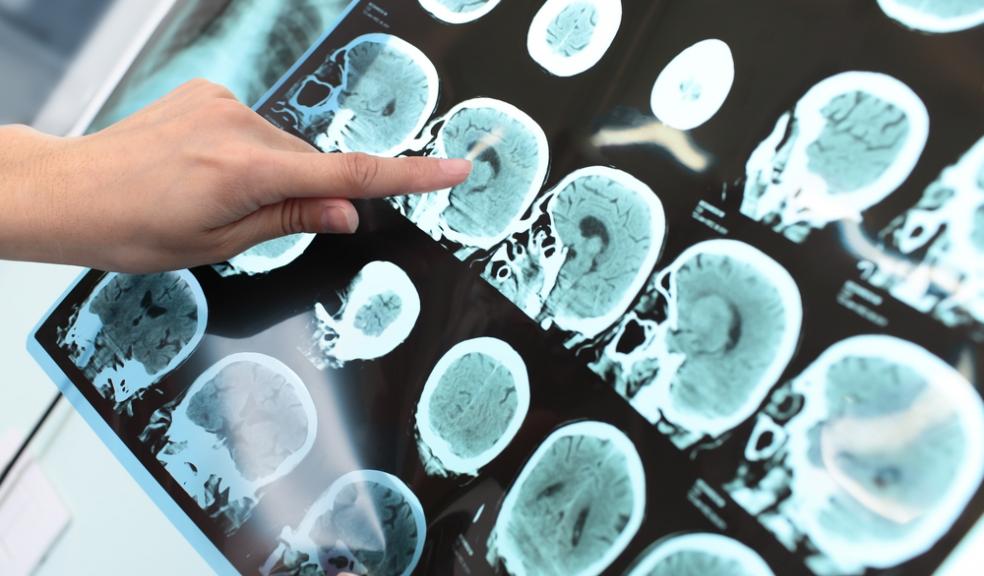
Plymouth dementia expert welcomes potential drug breakthrough
A dementia expert at Plymouth University has welcomed news that scientists may have taken the first steps in finding a treatment for conditions such as Alzheimer’s and Parkinson’s.
A study published on Wednesday 10 October in the journal Science Transitional Medicine claimed that researchers had managed to halt brain cell death in mice.
The research, undertaken by the Medical Research Council (MRC) Toxicology Unit at the University of Leicester, builds on a previous study, which was published in the journal, Nature last year.
Although potentially a decade or more away from a human application, the study indicates that medicine which halts brain cell death is possible.
The scientists induced a neurodegenerative condition in the mice using abnormal prion proteins which produces an approximation of human neurodegenerative disorders.
Ian Sherriff, Academic Partnerships Lead for Dementia at Plymouth University and board member of the Alzheimer’s Society said: “This is a promising development as it shows this biological pathway is a potential target for new treatments. However, it is important to note that this study was carried out on mice with prion disease and so it is not clear precisely how applicable it is to humans with diseases such as Alzheimer’s.
“What we need now is further research into potential drugs which can target the same pathway. While the ability to stop neurodegeneration in its tracks would be hugely exciting, we are still a long way from seeing a drug which is suitable for human use.”
David Allsop, Professor of Neuroscience at Lancaster University explained: “A number of brain diseases including prion disease (e.g. CJD in humans), Alzheimer’s disease and Parkinson’s disease are caused by the build-up of ‘misfolded’ proteins in the brain, which change their normal shape and then ‘stick together’ to form fibres, which can accumulate both inside and outside of nerve cells.
"Instead of trying to prevent the build-up of these protein fibres, these researchers have targeted a specific biochemical pathway that is activated in response to the change in protein shape. Inhibiting this pathway has produced some very dramatic and highly encouraging results in mice infected with prion disease.
"It is not yet clear if the same approach will be viable for much more common neurodegenerative conditions like Alzheimer’s disease and Parkinson’s disease.
"Also, the treatment produced some serious side effects, including significant weight loss and elevation in blood glucose levels, which would be problematic for elderly people with Alzheimer’s disease for example, who can already suffer from weight loss problems. More research is needed to determine if this approach is valid for any condition other than prion disease, and also to find ways of getting around these problematic side-effects.”
Some of the mice were then treated with a compound while a control group showed the normal progress of the prion protein induced disease.
The treated mice remained free of symptoms like memory loss, impaired reflexes, and limb-dragging five weeks later.
The treated mice also lived longer than the untreated mice which died after 12 weeks and typically exhibited symptoms of damaged memory and movement.
Facts and figures:
-
One in three people over 65 will die with dementia.
-
Alzheimer's Society research shows that 800,000 people in the UK have a form of dementia, more than half have Alzheimer's disease.
- In less than ten years a million people will be living with dementia. This will soar to 1.7 million people by 2051.
Alzheimer's Society provides a National Dementia Helpline, the number is 0845 300 0336 or visit alzheimers.org.uk.













